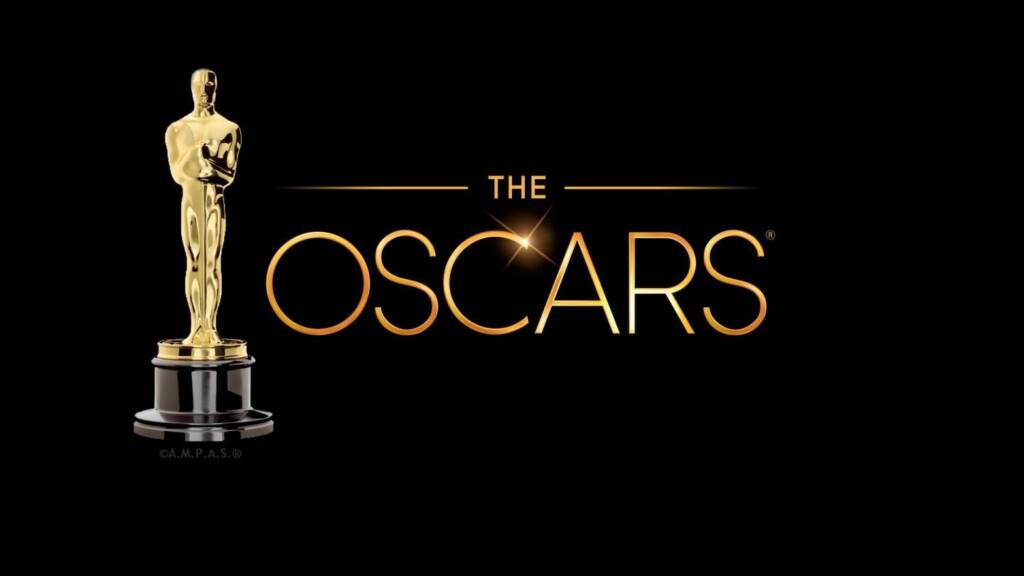People are talking about the Oscars this year. The decrease in its ratings have shook the industry and is aa worrisome problem for the creators. That is, how they received not to be looking. Many people don’t even understand the present, as soon as an American establishment on the edge of its seat is Sunday. Has the Oscars really become a crushed dream factory?
Change in era of the films
Movie stars no longer exist. Movies have swallowed up television and broadcasting. Theaters are in relief; even the Arclight on Sunset Boulevard, one of the beloved movie palaces in a city full of moviegoers, couldn’t be saved. Sex, glamor, pleasure and thriller are relics of a bygone era. Hollywood now focuses on the dignified, related, socially conscious, and gloomy.
The eternal declaration of Norma Desmond: “It is the photographs that buy small!” – By no means has it seemed truer.
As one Hollywood author, said after watching “Nomad land”: “That was not entertainment. That was Frances McDormand having explosive diarrhea in a plastic bucket in a van. ” It is not a vintage of movies that will make you reach the Junior Mints.
Also Read: Looking for a Baker Mayfield Mugshot?
Oscars then vs. now: crushed dream factory
There was a time people would only wait for Oscars and pray that their favorite person would win the award and today in this bleak season of the Oscars, it’s pathetic that today’s producers needed to write a memorandum to contributors reminding them to decorate themselves. No pajamas or sweatshirts, please.
“It’s over, who cares about the Oscars?” said André Leon Talley, the writer of “The Chiffon Trenches”.
Steven Soderbergh, one of many producers today, who could be torn between Dolby Theater and Union Station, defended the decision to slow down, telling the Los Angeles Times: “This is not a webinar.
Brooks Barnes , an Hollywood reporter said “The Oscars forgot their main job: promoting Hollywood to the world, being a giant fat business for the crushed dream factory, the kind that They make the financiers open their wallets and the aspiring actresses go crazy about the day they might be on that stage and give their acceptance speech. ” Soderbergh is trying to reestablish and drag the present back to the times when it was not a drag, yet it could be too late.
Also Read : Actor Elliot Page : Journey from women to transgender male
What polls show about Oscars the crushed dream factory
Polls show that a small percentage of people who watch movies have seen and even heard of the nominated movies. (An incredible 15 percent are even aware of what a “Mank” is).
There are a variety of changes in Hollywood that are exciting, as the content and experience finally begin to reflect what the nation looks like and how it lives, tales not selected by the fetid group of replicating white men.
These 12 months, 9 of the 20 acting nominations were for people of color. Two girls had been nominated for best director, and Chloé Zhao is one of the favorites to win for “Nomad land,” which could make her the second female winner in the 93-year-old ceremony. But you still want an engrossed audience. What Hollywood is forgetting, at its own peril, is that it is a current company, and it must discover an option to marry its previous storytelling skills with the exciting new forces of its future.
Also Read: Carrie Underwood who sings the Sunday night football song
Famous personalities on this situation
Leon Wieseltier, editor of the literary magazine Liberties, agrees that Hollywood has “traded playfulness, complexity, impact, and depth for advantages.”
Ron Brownstein, who wrote the entertaining new e-book “Rock Me on the Water,” takes a more optimistic view. He believes that the current turmoil in our tradition echoes the early 1970s, which resulted in a golden age for Hollywood, with classics like “Nashville,” “Chinatown,” and “Five Easy Pieces.”
There have been films of the stature of Robert Altman and Arthur Penn that swirled with concepts that emerged from stormy social actions.
Later in the decade, there was a backlash from young administrators like George Lucas and Steven Spielberg who had been far less willing to criticize tradition than to entertain the general public; they needed audiences to cheer on heroes and whistle on villains, or sharks.
“Its purpose was to excite and rejoice, not to demolish the myths that Hollywood had created,” said Brownstein.
Also Read : Rival by Penelope Douglas – Book Review
